It’s not the plants: nitrogen directly affects alpine soil microbes
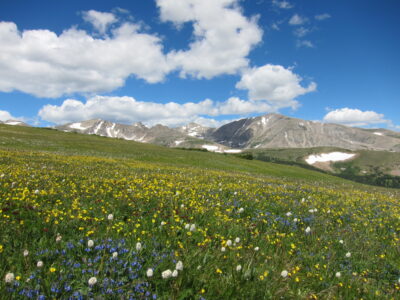
Can plants dictate how soil microbes respond to nitrogen deposition? New research says no, and sheds light on plant-microbe dynamics.

Can plants dictate how soil microbes respond to nitrogen deposition? New research says no, and sheds light on plant-microbe dynamics.
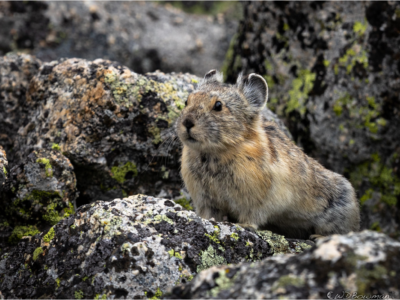
At the Niwot Ridge LTER, community scientists expand the reach of pika research initiatives to understand how pikas might respond to climate change.
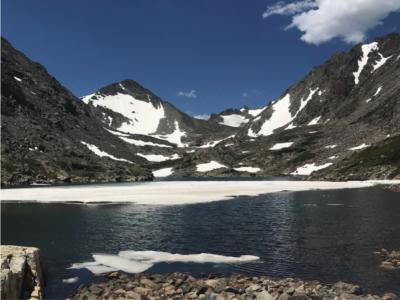
Long-term research at the Niwot Ridge LTER reveals alpine lakes are seeing longer ice-free periods in the summer, a consequence of a changing climate.

We are excited to announce our 2021 cohort of LTER grad student science writers. We received a high number of impressive applications, and after much deliberation we are happy to introduce seven students who represent sites from across the network and who bring unique backgrounds, experiences, and talents to the team. Over the next year… Read more »
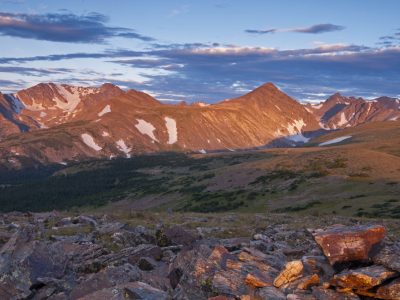
High elevation and high latitude ecosystems are particularly vulnerable to climate change impacts because they represent the upward range limits for organisms that are adapted to cold temperatures and low nutrient levels. Two of the biggest threats to high elevation communities are nutrient deposition (e.g. nitrogen) and climate warming. A new study by Bueno de… Read more »
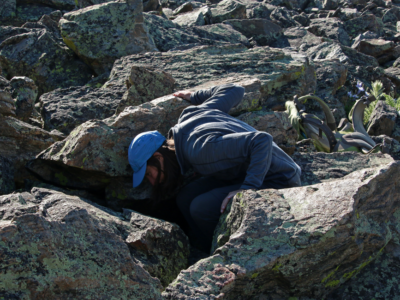
My second morning at the Niwot Ridge LTER dawned warm but windier than the day before, and I zipped up a red jacket over my long sleeves and jeans. Ashley Whipple, a graduate student, met me at the office building, and we trundled into one of the two SUVs shuttling up to the field site… Read more »
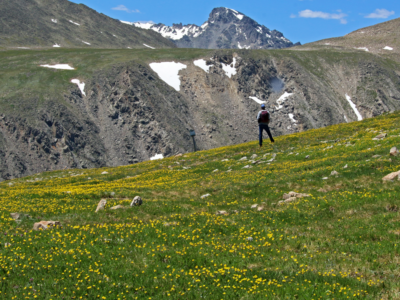
My rental car clock read 7:30 a.m., but the parking lot at Niwot Ridge Long Term Experimental Research Site (LTER) was already buzzing with activity. Young people slammed rear car doors and packed backpacks, filled water bottles, and slathered on sunscreen. Inside the main building, a new cohort of young ecologists listened to a safety… Read more »
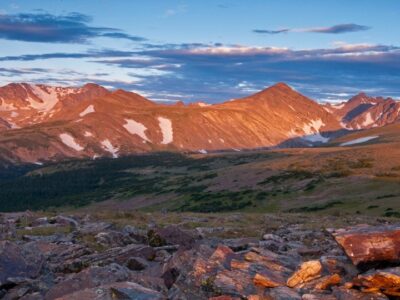
This month Cliff will be sharing some of his dissertation work from his beloved alpine field site at the Niwot Ridge LTER site in the Colorado Rocky Mountains.
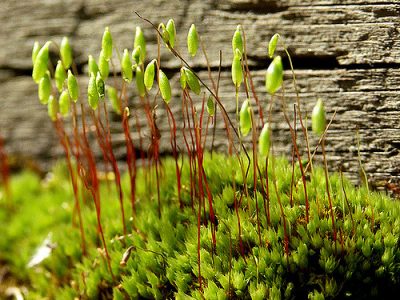
Credit: Marilylle Soveran CC BY-NC 2.0Moss and lichen make up a large portion of biomass in alpine and arctic ecosystems. With rising global temperatures, vascular plants have begun to colonize these moss-dominated ecosystems, potentially altering the soil composition and ecosystem function of these unique environments. Researchers with the Niwot Ridge LTER investigated how bacterial composition,… Read more »
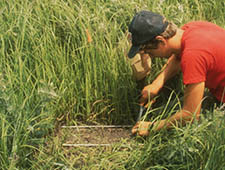
Nitrogen enrichment can dramatically change the existing environment for plants and typically leads to increased productivity, decresed diversity, and shifts plant community composition. But what mechanisms are responsible for these changes? Researchers designed a multi-site experiment to find out, experimentally manipulating each of three possible drivers across mesocosms of three ecosystem types (tall grass prairie, alpine tundra, and desert grassland).